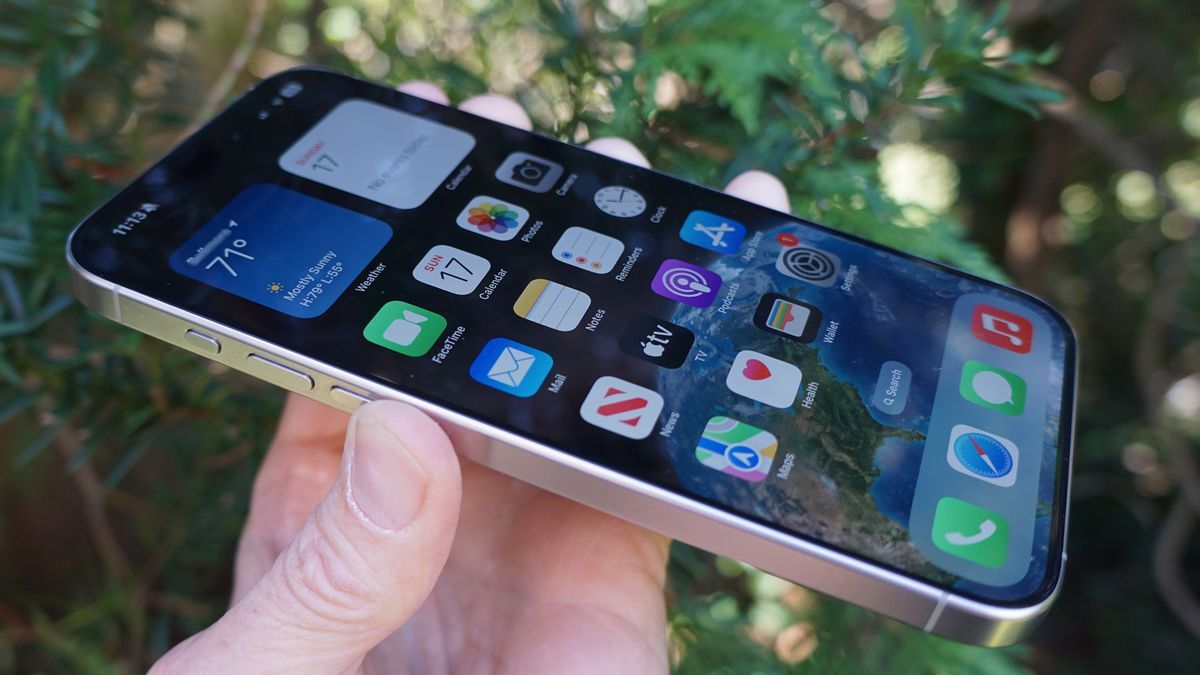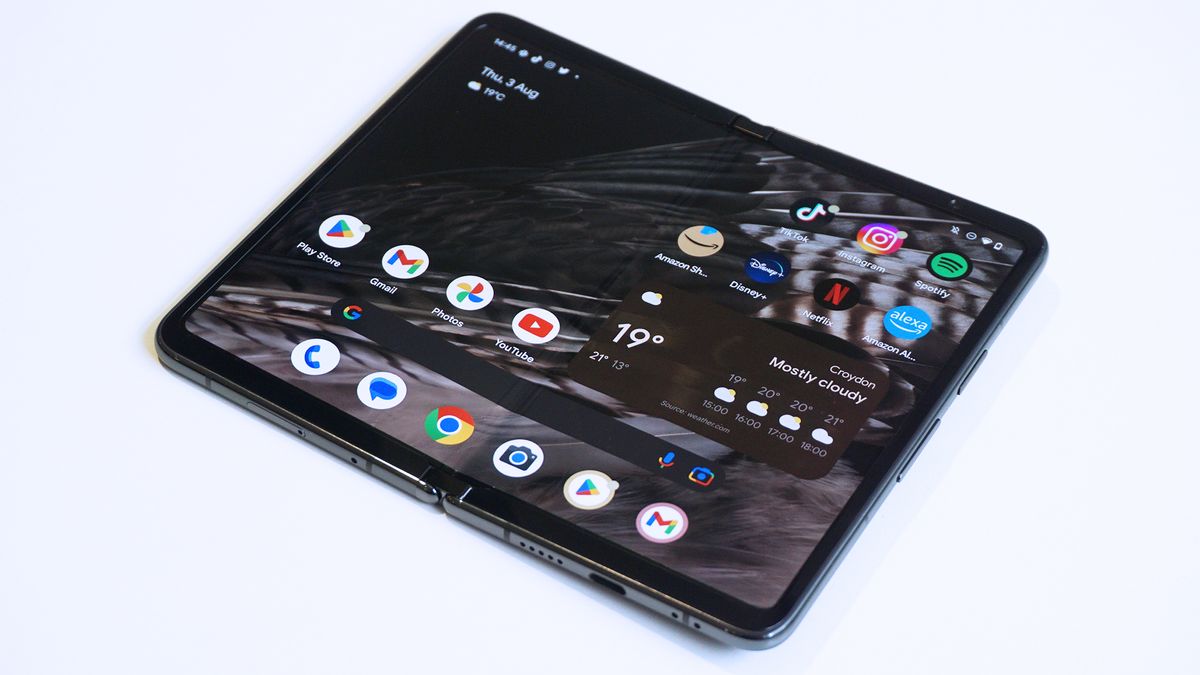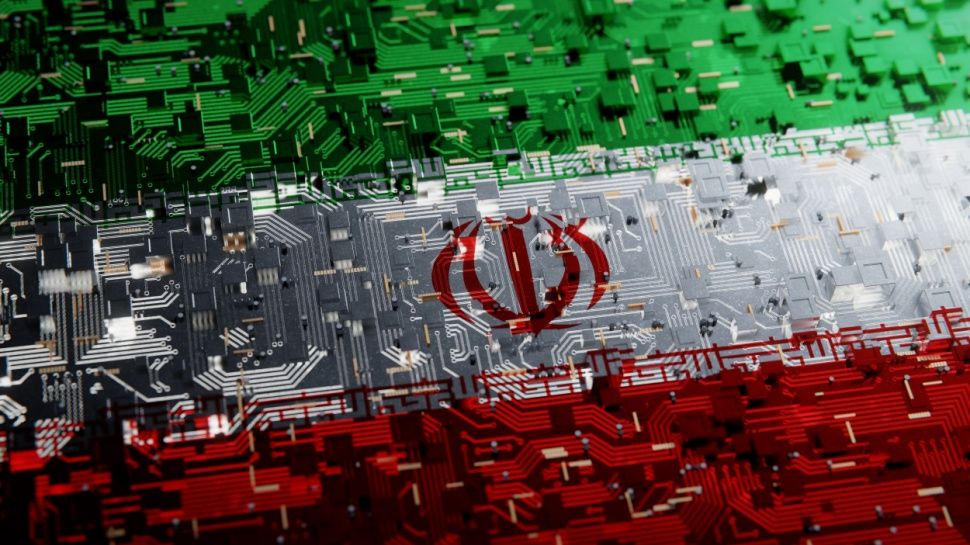What motivates an iPhone update? It might be a revolutionary design change, like the switch from flat to curved edges or the introduction of Face ID. More likely, it's a photography feature, like a good telephoto lens or the arrival of portrait mode, which transformed each new iPhone 7 Plus into a pro-level camera.
Sometimes, it's not so much the features that inspire an upgrade, but the fear of missing out. I know that anyone who saw my portrait mode images of that iPhone 7 Plus was so blown away that they looked down at their likely iPhone 4s or 5s and almost immediately began researching the trade-in prospects and costs of that new device.
On the eve of Apple’s iPhone 16 event (“It’s time to shine!”), I was reading Mark Gurman’s latest Bloomberg newsletter, which discusses the hopes of some smartphone industry observers that Apple Intelligence will trigger an upgrade supercycle. Gurman doesn’t see this happening, and I’m inclined to agree — for the most part.
The problem with AI, as perceived by most people outside of technology, is that it is both a behemoth capable of anything and a black box that has no obvious use for everyday life. Consumers are undoubtedly intrigued and overwhelmed by the possibilities of these generative tools. They marvel at the videos created by OpenAI’s Sora and the ability of Google Gemini, ChatGPT, and Copilot to answer questions and summarize large amounts of text.
Some people need these things, but most average consumers and the many millions of iPhone owners are probably wondering what they could do with any of these new tools. What’s the purpose of a Genmoji? Do I really need to keep erasing Aunt Mable from every photo with an Apple Intelligence Magic Eraser? Is Siri better on the iPhone 16 because it makes the entire iPhone screen glow instead of just a little orb near the bottom?
We need a revolutionary application
What we need to keep in mind as consumers ponder whether it's time to upgrade to the iPhone 15, iPhone 14, or iPhone 13 is whether anything arriving as part of Apple Intelligence next week will be the killer app.
Like many new tools Apple introduces at the platform level, Apple Intelligence will arrive with new phones, much like Apple Journal and Shortcuts. In my opinion, those two tools are not widely used and have not prompted any updates.
Apple Intelligence is different, though. It’s more ubiquitous, running through Siri, messaging, writing of all kinds, imaging, and more. Not all of that will be included in the iPhone 16 handsets when they arrive in a few weeks (all running iOS 18 and, I assume, Apple Silicon capable of supporting Apple Intelligence).
The lack of full Apple Intelligence integration in the early stages could dampen enthusiasm for upgrading — that is, of course, if that's why people choose to do it.
Putting the old ones out to pasture
But any tsunami of iPhone 16 upgrades will likely be driven by deeper tremors in long-term use of Apple’s well-built, long-supported phones. There are still people using iPhone 11 phones (there may even be some iPhone 7 or iPhone 8 phones in their pockets and hands). As platform and app support for some of these older models dries up, people will be looking for the next big thing.
However, if you've stuck with your old iPhone because you can't afford the latest model, you might want to look for a price reduction on the iPhone 14 or 15, or even the iPhone SE, for example. This means that Apple will still be selling one or two older models.
It's worth remembering, however, that older models don't support Apple Intelligence. Currently, only the iPhone 15 Pro and 15 Pro Max and the powerful A17 Pro chip support Apple's version of AI. In other words, if you want Apple Intelligence, you'll have to take a risky gamble and go for an iPhone 16 option.
I like what I see in Apple Intelligence and I applaud Apple for finally getting into the generative AI game. It doesn’t matter that it’s late because the Cupertino tech giant has a dominant market position and is a cultural touchstone for the tech zeitgeist. Putting Apple Intelligence in so many new phones at once will likely create some of its own momentum.
Messages from iPhone 16-owning consumers about their experience with Apple Intelligence to both interested and uninterested audiences will either generate FOMO and kick off a more aggressive upgrade cycle or fall on deaf ears as most people still think AI is for someone else.
Apple's lack of smarts alone probably isn't a reason to upgrade to the iPhone 16, at least not yet.









